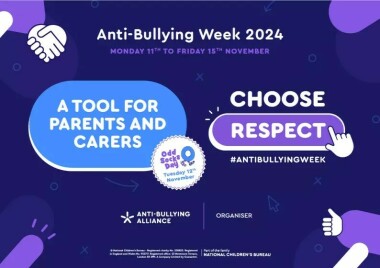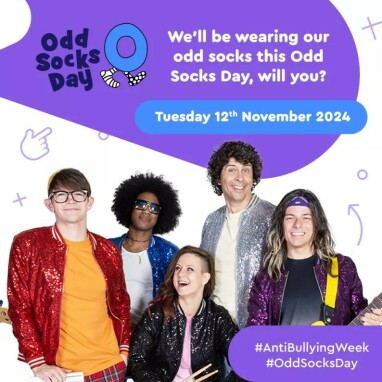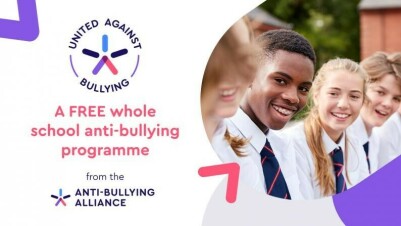Anti-Bullying
What is bullying?
“Bullying is the repetitive, intentional hurting of one person or group by another person or group, where the relationship involves an imbalance of power. It can happen face to face or online.”
ANTI-BULLYING ALLIANCE
Definition of Bullying
Anti-Bullying Alliance - definition of bullying
Bullying behaviour can be:
Physical – pushing, kicking, hitting, biting, punching.
Verbal – name calling, threats, teasing.
Emotional – causing others to become isolated, hiding someone’s things, excluding others, ridicule, humiliation.
Sexual – unwanted physical contact, inappropriate touching, homophobic abuse.
Online / cyber – posting on social media, sharing photos, sending nasty text messages.
How can I spot signs of bullying?
A child who is being bullied might:
- be reluctant to go to school
- complain of tummy upsets or headaches regularly
- show signs of distress on a Sunday night or at the end of the school holidays
- become quiet or withdrawn
- seem upset after using their phone or tablet
What should I do if I think my child is being bullied?
- reassure your child that they have done the right thing in talking to you
- tell the class teacher what has been happening
- if you are not happy with the class teacher’s response, make an appointment to see the Phase Lead
- if you are not happy with the response from school, you can make a complaint in writing to the school’s Governing Body
Resources for parents / carers from the Anti-Bullying Alliance
Anti-Bullying Week 2024 - Parent Pack
What is our school doing to prevent bullying?
Providing training for all staff to help them to identify and prevent bullying in school
- Taking part in national Anti-Bullying Week in November: Anti-Bullying Week 2023: Make a noise about bullying - YouTube
- Taking part in national Odd Socks Day in November – this is the chance for children and adults alike to celebrate Anti-Bullying Week in a positive way by asking everyone to wear odd socks to school, work or at home


- Encouraging children to speak to a trusted adult (at home or school) if someone is unkind to them
- Encouraging children to write down their worry and put it into the class ‘Worry Box’ if they do not want to speak to an adult in school
- Holding special whole-school events such as the ‘Inclusion and Diversity Day,’ which takes place in September
- Holding elections for 10 children to be trained as ‘Anti-Bullying Ambassadors’ with The Diana Award charity

- Introducing an ‘Inclusion Picture Book of the Week,’ which will be shared with all classes in school to promote tolerance, diversity and inclusion
- Working to achieve the United Against Bullying Award (with the Anti-Bullying Alliance) in 2023-24



